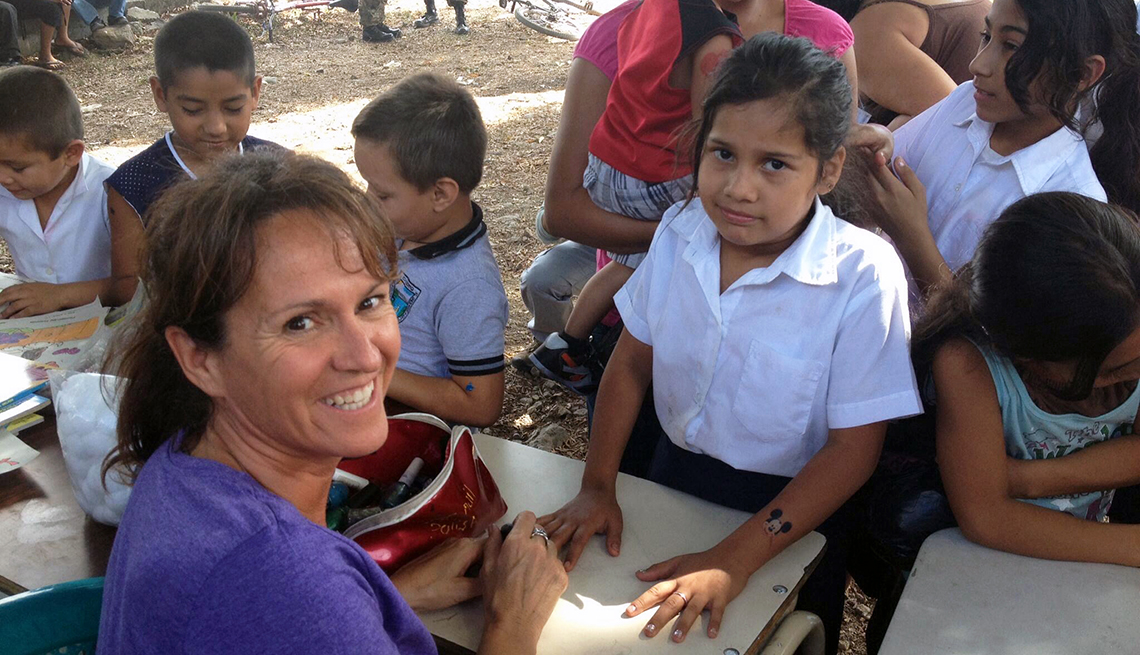
- Select a language for the TTS:
- UK English Female
- UK English Male
- US English Female
- US English Male
- Australian Female
- Australian Male
- Language selected: (auto detect) - EN
Play all audios:
They later moved to Florence, Italy, and then to Malta. She took two university-level Italian courses and could make small talk in Italian. "I could order in Italian. I could shop in
the supermarket. But getting around to further, deeper conversations with people, like forming friendships, I found that to be very hard,” says Azzopardi, 50, who grew up in Pennsylvania and
now lives in Bradenton, Florida. After her husband, Pete, got out of the Navy, they lived their dream for five years, retiring to Malta. The Mediterranean island is between Sicily and the
North African coast, where her husband has ancestors. They bought a house, got dual citizenship, sent their daughter to an international school, took Maltese lessons and eventually gave up.
"To live in Europe, you give up a lot,” says Azzopardi, who loved the experience but ended up missing family, friends and the comforts of America. Her high school French didn't do
her much good abroad. She could get by in Malta speaking English. The country's two official languages are English and Maltese. Because Maltese is based on Arabic, the language was hard
to learn. The alphabet looks a lot like English but has four more letters. She knew bits of other languages. But “I fell into the English crutch a lot, just a comfort zone,” she says. Even
though Azzopardi moved from Malta, she says she's not going to give up on being bilingual. "Spanish is the next language I want to study and master, for two reasons. One, Sophia
[her daughter] is studying it. And two, it is the second language of the U.S., especially in Florida and California,” she says. "I will not give up!” she says. “Luckily, I know a lot of
words in Italian and some Spanish words are close, so I have a head start." EXPECT SUCCESS; FAILURE IS NOT AN OPTION When he retired early at 45, 24 years ago, Craig Laberge set his
mind on learning Spanish, something he had never studied in his youth. He decided to spend six months in Latin America to learn the language and the culture. In Guatemala, he took four hours
of Spanish a day with a one-on-one teacher. Then he increased it to six hours. By the end of two months, he had caught on. In 2005, he bought a house with friends in Mérida, Mexico, on the
Yucatan Peninsula near the Gulf of Mexico. He's lived there pretty much full time ever since. Laberge, now 69, a former art exhibition designer with an English and French-Canadian
background, found the Mexican climate and cost of living enticing and felt at home in a less-frenzied culture.




